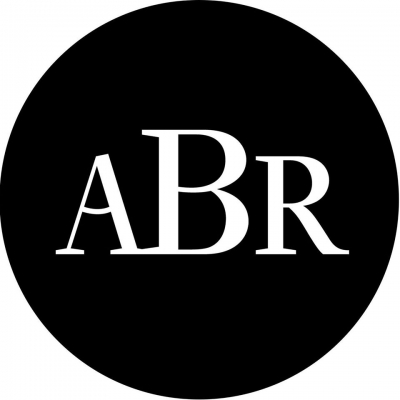Publishing
This year for the third year in a row, Black Inc. is reprinting writing from HEAT in one of its ‘Best Australian’ anthologies, without seeking my permission as the magazine’s editor and publisher. They can do this because there is a legal loophole in Australia’s literary culture – literary magazines in this country do not normally have contracts with their authors. It is conventional to ask magazine editors for their permission before reprinting work that has appeared in their pages; but the fact is, if the author’s permission can be won it is entirely irrelevant, from a legal point of view what the magazine editor thinks.
... (read more)Defamation is easy. Australia has any number of good defamation lawyers who will ‘legal’ a manuscript if you pay them enough. But if your manuscript threatens to transgress the National Secrets Act, you are on much shakier ground. Axis of Deceit, Andrew Wilkie’s ‘story of the intelligence officer who risked all to tell the truth about WMD and Iraq’, was always going to be hot. Our investigations didn’t turn up a single Melbourne lawyer who could advise us if we had crossed the line, so we asked David Wright-Neville, a Monash academic and ex-spook (like Wilkie, he had been an analyst at the Office of National Assessments, Australia’s peak intelligence agency), to check the manuscript. He read it thoughtfully and suggested chopping a dozen or so offending passages, which was acceptable to both Wilkie and Black Inc.
... (read more)'The Oily Ratbag and the Recycled Waratah: Early Years of ABR' by Kerryn Goldsworthy
This is issue no. 250, and the twenty-fifth consecutive year, of Australian Book Review. Issue No. 1 appeared in 1978, edited by John McLaren and published by the National Book Council. Since then the journal has survived and thrived, through changes of editor (though not very often) and of editorial policy (though not very much); through changes of appearance, ownership, sponsorship and affiliation.
... (read more)Bad art is where the personality of the artist reveals itself most fascinatingly, according to Lord Henry Wootton, the Wildean aesthete in The Picture of Dorian Gray. It is an idea that assumes an unexpected relevance as we reach the tenth anniversary of what is perhaps the strangest phenomenon in Australian publishing history.
... (read more)A Certain Style: Beatrice Davis: A Literary Life by Jacqueline Kent
Geoff Dutton was a man-of-letters who for many years made (with Max Harris) Adelaide seem one of the lively centres of Australian literary culture. One thinks of him in association with the magazines Angry Penguins, Australian Letters, and the original Australian Book Review, not to mention the inauguration of an Australian publication list for Penguin Books, and then, when that soured, the setting up of Sun Books, one of the most innovative of Australian publishing ventures at that time – which was in the difficult slough period of the 1950s and 1960s and into the 1970s.
... (read more)Publishers are like invisible ink. Their imprint is in the mysterious appearance of books on shelves. This explains their obsession with crime novels.
To some authors they appear as good fairies, to others the Brothers Grimm. Publishers can be blamed for pages that fall out (Look ma, a self-exploding paperback!), for a book’s non-appearance at a country town called Ulmere. For appearing too early or too late for review. For a book being reviewed badly, and thus its non-appearance – in shops, newspapers and prized shortlistings.
As an author, it’s good therapy to blame someone and there’s nothing more cleansing than to blame a publisher. I know, because I’ve done it myself. A literary absolution feels good the whole day through.
... (read more)Rudyard Kipling could not understand why his cheque account was so much in credit. The answer was that the tradespeople in his village were selling his signature to autograph collectors for more than they would have received by presenting Kipling’s cheques to the bank.
... (read more)Bookseller Terri-ann White surveys the publishing scene in Perth and Fremantle, for several decades now torn by a battle for funds but recently showing encouraging signs of optimistic development.
Since 1975 and the establishment of the Fremantle Arts Centre Press, the writing community of Perth has benefited enormously from the focus and support it has offered. Whether individual writers have been published by it or not, in the most isolated city in the world the possibilities have been opened up. The Press has clearly been responsible, as a developmental publisher, for encouraging and promoting creative writing, biography, and regional history writing in WA, and for opening up resources and opportunities for writers to work closely with good editors, good advice, and plenty of time to learn and hone work into a publishable form.
... (read more)

